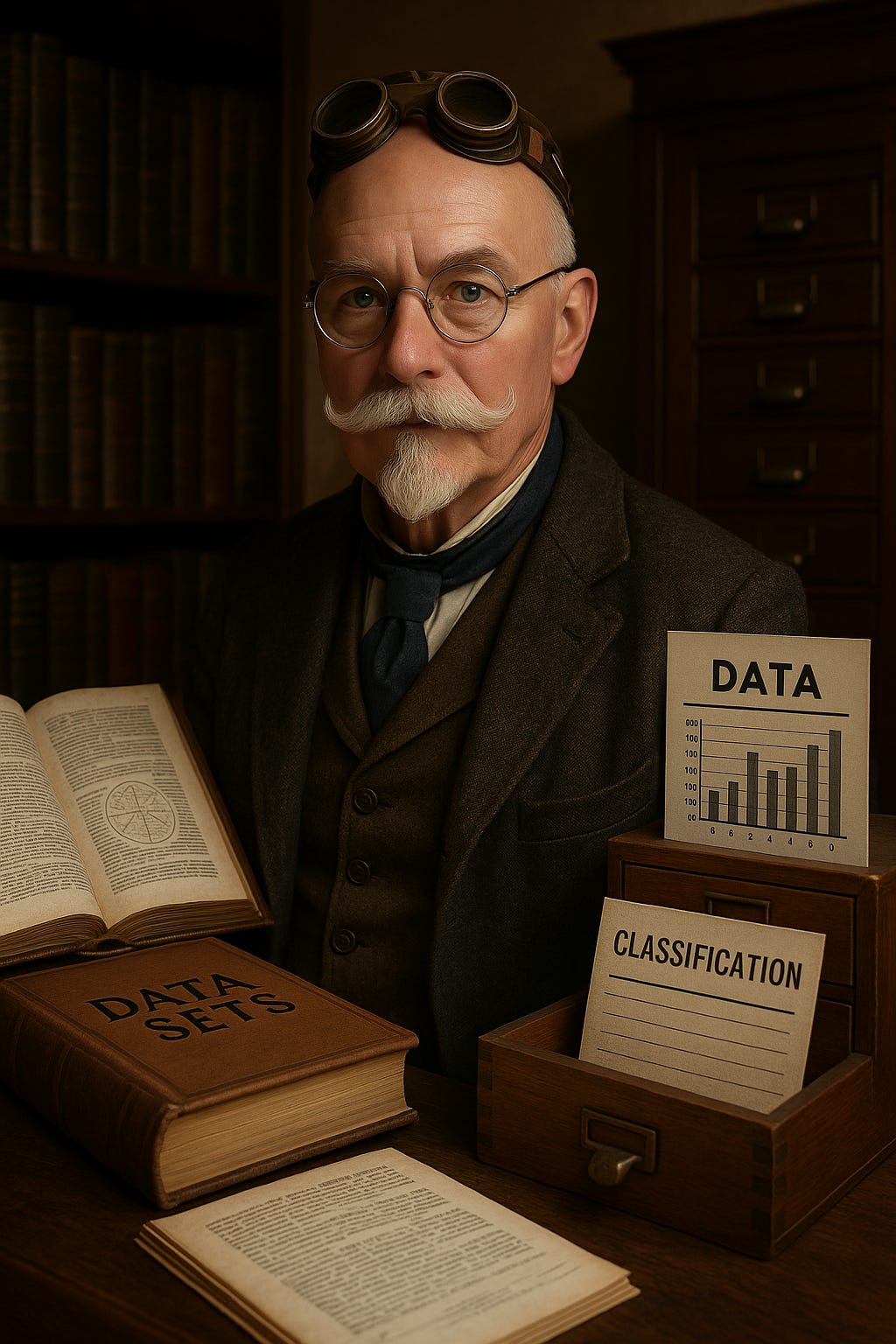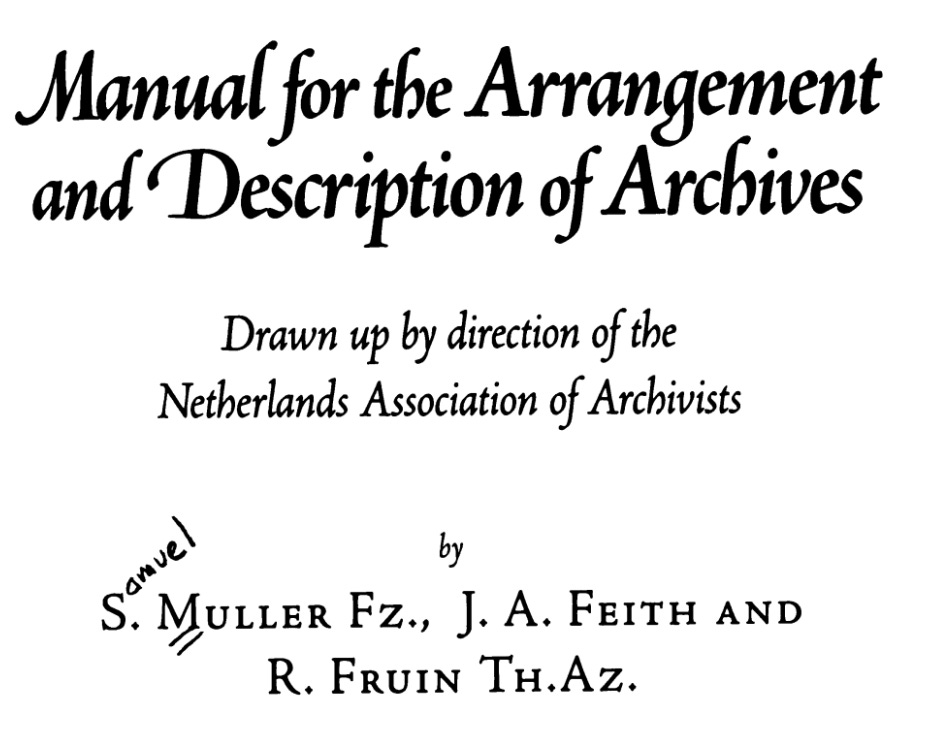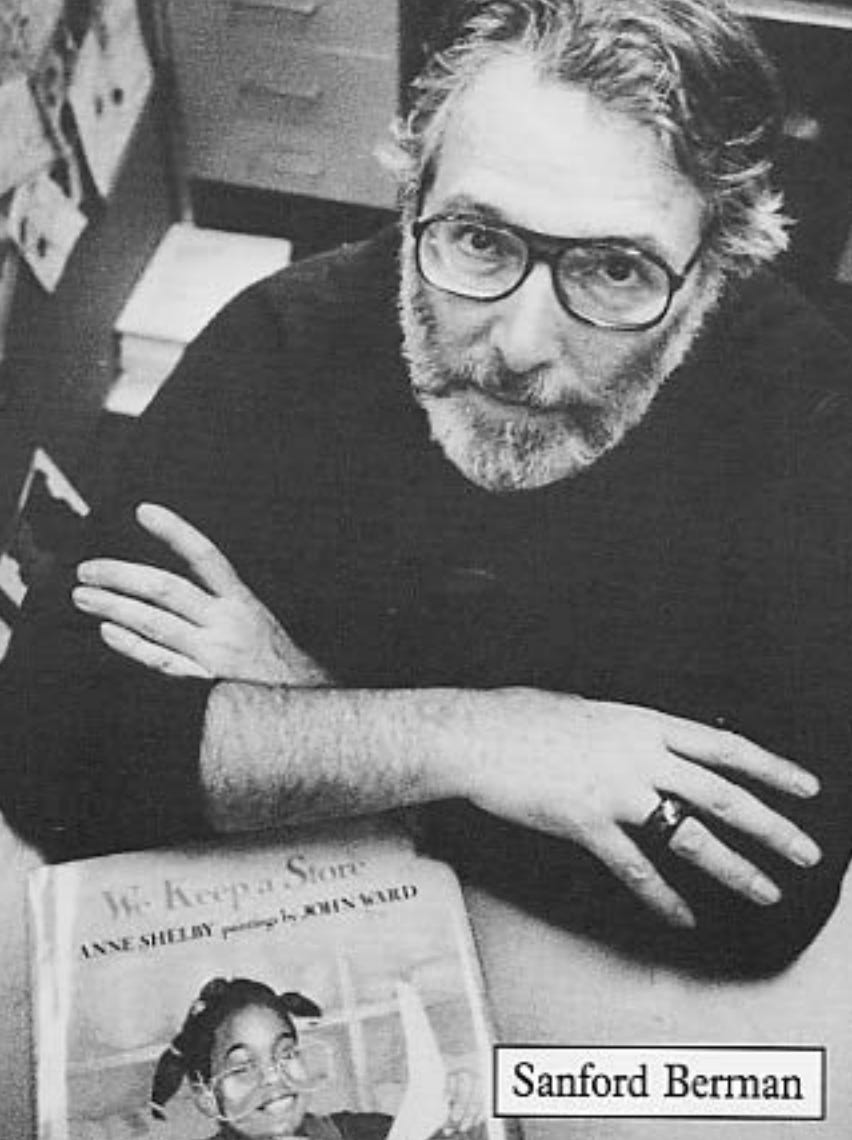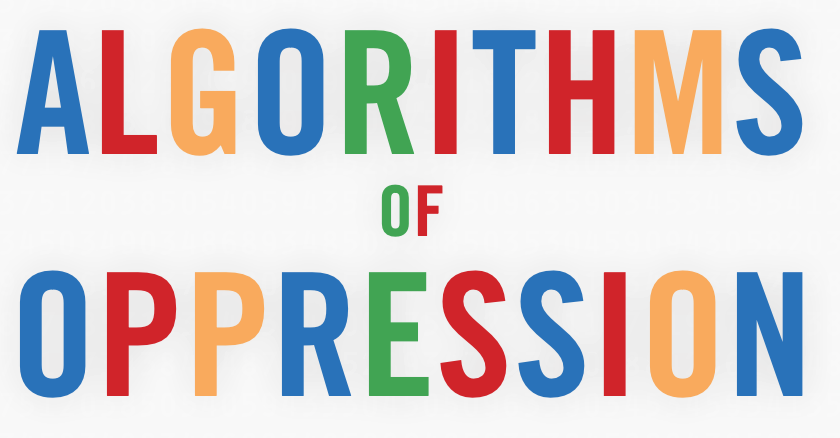From Neutrality to Accountability
Bias in Archives, Information Science, and Data
I’ve always appreciated a good annotated bibliography. They’re like trail markers on a long hike—you can stop at each one, see where others have been, and get a sense of the path ahead. Over the years I’ve returned again and again to the literature on bias in archives, information science, and, more recently, data governance. Not because I think I’ll ever “cover it all,” but because the same thread keeps pulling me back: every generation has had to wrestle with the fact that our work is not neutral.
Bias isn’t an accident in information governance—it’s the baseline. The real question is whether we acknowledge it, make it visible, and design accountability around it.
Below is my stitched-together guide: not exhaustive, but a set of landmarks that have shaped how I think about bias and neutrality across decades.
📂 Archival Science
Muller, Feith & Fruin, Manual for the Arrangement and Description of Archives (1898/1905).
Codified “original order” and impartiality—principles that sound neutral but carry hidden assumptions.
Read on HathiTrust ›Hilary Jenkinson, A Manual of Archive Administration (1922).
A classic defense of the archivist as passive custodian, enshrining neutrality as virtue.
Read on Internet Archive ›T. R. Schellenberg, Modern Archives: Principles and Techniques (1956).
With appraisal, archivists’ judgments became visible—bias couldn’t be wished away.
Read PDF ›Howard Zinn, “Secrecy, Archives, and the Public Interest” (1977).
A radical turn: Zinn argued archives inevitably reflect the powerful and must be challenged.
Read OA ›Joan Schwartz & Terry Cook, “Archives, Records, and Power” (2002).
Canonical statement: archives are instruments of power, not neutral containers.
Read PDF ›Michelle Caswell, “Toward a Survivor-Centered Approach to Human Rights Archives” (2016).
Shows how “neutral” practices can silence survivors and perpetuate harm.
Read on eScholarship ›Michelle Caswell, “Feeling Liberatory Memory Work” (2020).
Reframes archival labor through joy, anger, and liberatory practice.
Read PDF ›
📚 Information Science
Sanford Berman, Prejudices and Antipathies (1971).
A stinging critique of Library of Congress Subject Headings, exposing systemic prejudiceHope Olson, The Power to Name (1998/2002).
Feminist critique: naming and subject representation are never neutral acts.
Publisher page ›Geoffrey Bowker & Susan Leigh Star, Sorting Things Out (1999).
Seminal work in STS showing how classification shapes the world it claims to describe.
Read Introduction PDF ›
🧮 Data & Algorithmic Governance
danah boyd & Kate Crawford, “Critical Questions for Big Data” (2012).
Pioneering essay questioning the myths of scale, objectivity, and raw data.
Read PDF ›Safiya Noble, Algorithms of Oppression (2018).
Demonstrates how search engines reproduce racism and sexism.Timnit Gebru et al., “Datasheets for Datasets” (2018).
Proposes a framework for documenting data origins and surfacing hidden biases.
Read on arXiv ›ISO/IEC TR 24027:2021, Bias in AI Systems and AI-aided Decision Making.
Even at the standards level, bias is recognized as a governance issue.
ISO catalogue ›
✨ Closing Thoughts
Looking across these decades, what I see isn’t a story of error corrected—it’s a story of reckoning, over and over again. Archivists gave up on the fantasy of neutrality. Librarians and information scientists revealed the politics of classification. Data scientists and AI researchers are still grappling with their own wake-up call.
Bias isn’t something we’ll ever engineer out of our systems. It’s part of the choices we make, the languages we use, and the structures we inherit. Our job is not to erase bias but to live with it responsibly—naming it, balancing it, and holding ourselves accountable for its consequences.
If you’ve come across other landmark works on bias in archives, information science, or AI governance, I’d love to hear what’s been formative for you. Drop me a note—I may add them to a future annotated trail.





